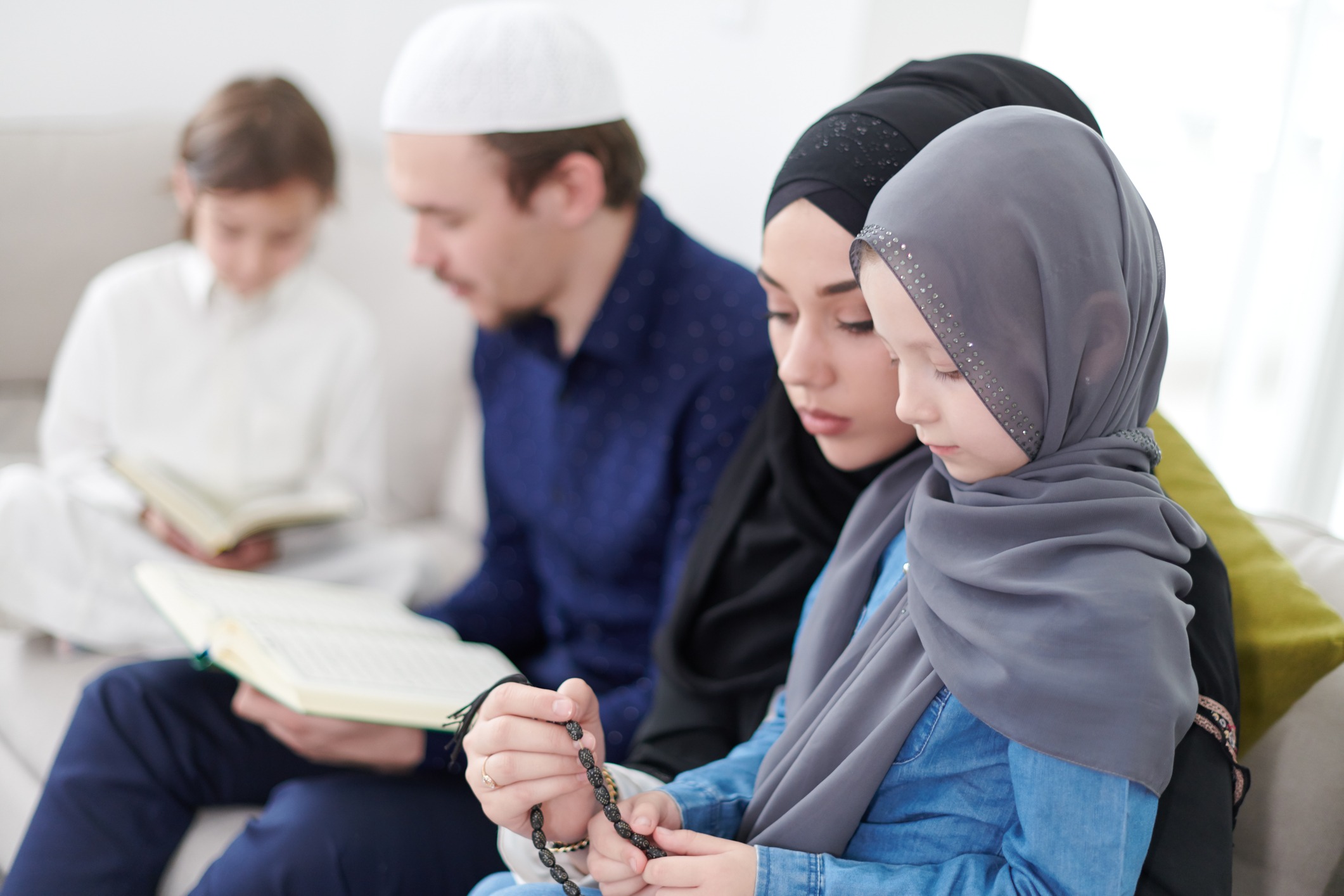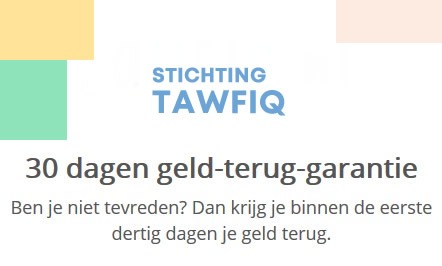-
Islamic knowledge, education and training
- How can parents help their teenager make the right choices according to Islamic teachings?
- How can parents help their teens find the right balance between religious obligation and modern temptation?
- What are the best ways to deal with peer pressure and social pressure from an Islamic perspective?
- How can parents help their teenager develop self-esteem and self-confidence in accordance with Islamic values?
- What are the best ways for parents to guide their teen in navigating emotional challenge, such as depression, anxiety or anger, according to Islamic principles?
“Dealing with teenage problems: Islamic insights for a better future!”
Teenage years are an important stage in a person's life. It is the time when you discover your identity, deepen your relationships with others and prepare for adulthood. Although these years are often seen as a time of fun and adventure, they can also come with many challenges. Teenage problems such as anxiety, depression, relationship problems and peer pressure can leave teens struggling to find their way in the world. Fortunately, the Islamic faith offers a lot of advice on how to deal with teenage problems. In this article we will delve deeper into how teenagers can tackle their problems from an Islamic perspective. We will also discuss different ways that parents can help their children deal with teenage problems through love, support and understanding.
How can parents help their teenager make the right choices according to Islamic teachings?
Parents can help their teenager make the right choices according to Islamic teachings by educating them about the basic principles of Islam. They should teach their children about the importance of respecting and adhering to religious rules, such as avoiding sin and bad habits. Parents can also help their children by showing them how to maintain honesty, integrity, and dignity in all situations. In addition, parents should encourage their children to ask questions if they experience doubt or uncertainty about certain decisions they want to make. Parents should also be willing to sit down with their teen to discuss in depth various aspects of Islamic teachings, including ethics, moral principles and spiritual deepening.
How can parents help their teens find the right balance between religious obligation and modern temptation?
Parents can help their teens find the right balance between religious obligation and modern temptation by talking openly and honestly with them. Parents should give their children the space to ask questions about religion so that they understand why it is important to follow certain rules. Parents should also help their children make good choices by encouraging them in the right way. For example, if your child wants to go out with friends, you can encourage him or her to do so responsibly. It is also important that parents let their children know that they can always turn to them if they need help navigating the modern world.
What are the best ways to deal with peer pressure and social pressure from an Islamic perspective?
1. Be aware of the pressure you feel. Take time to think about what is being asked and whether it aligns with your values and principles.
2. Don't be afraid to say no if something doesn't align with what you believe or if it's dangerous to your health or safety. You don't have to explain yourself, but be respectful of others.
3. Seek support from others who share a similar faith, such as family, friends, or religious leaders within the community in which you live. Being with people who show understanding can help you stand stronger against peer pressure and social pressure from outside.
4 . Stay true to yourself by being genuine about who you are and what is important to you. If something doesn't suit your personality, that should be okay too.
5 . Learn how to communicate with others in a way that is respectful, yet clearly communicates that their request is not being accepted. This can help avoid conflict and keep relationships intact while protecting yourself.
How can parents help their teenager develop self-esteem and self-confidence in accordance with Islamic values?
Parents can help their teenager develop self-esteem and self-confidence in accordance with Islamic values by showing them that they are loved and respected. They should encourage their children to explore, express and share their talents. Parents can also emphasize the positive aspects of the Islamic faith, such as respect for others, love for God and fellow man, tolerance and compassion. In addition, there must be honest talk about mistakes that are made; this helps to learn lessons from the past. Parents should also try to entrust their children with more responsibility; this helps them to gain more confidence in themselves.
What are the best ways for parents to guide their teen in navigating emotional challenge, such as depression, anxiety or anger, according to Islamic principles?
1. Start by encouraging open communication. Parents should give their teen space to talk about what they are feeling and experiencing so that they can express and process their feelings.
2. Give your teen a safe environment in which he or she can talk about what is going on inside them, without judgment or condemnation. Let your child know that you are there for them when they need help navigating emotional challenges.
3. Help your teen find ways to cope with stressful situations, such as breathing exercises, yoga or meditation according to Islamic principles. This can help manage emotions and anxiety often associated with depressive episodes or outbursts of anger.
4. Encourage positive thinking through daily affirmations that focus on Islamic teachings and values taught in the Quran and Hadith (narrative literature). These affirmations can be helpful in overcoming negative thought patterns that are often associated with depression, anxiety or outbursts of anger.
5. As a first step to recovering mental health from an Islamic perspective, give your child simple tasks that allow him/her to do something useful for others in the community (such as making food parcels for the needy). This also helps create ownership over their situation and helps them focus on something other than their problematization. The conclusion is that dealing with teenage problems from an Islamic perspective can be an effective way to tackle the problems. It is important to find the right balance between giving them love and discipline, and respecting their autonomy. Through prayer, good communication, taking responsibility and learning about religious values, parents can help their children solve their problems.







